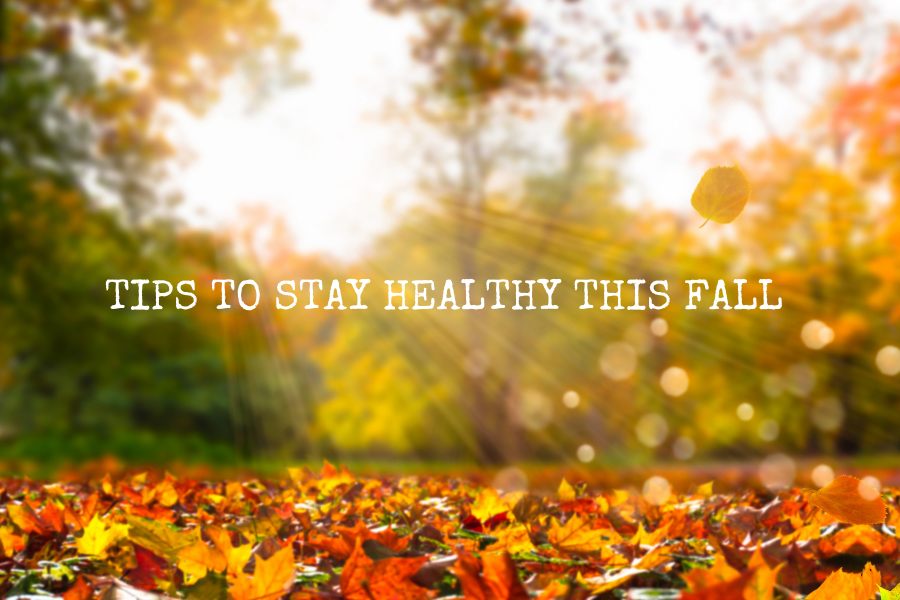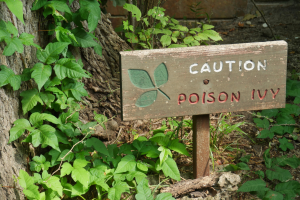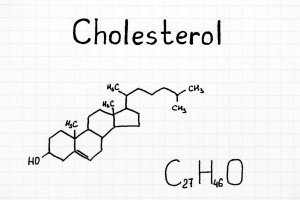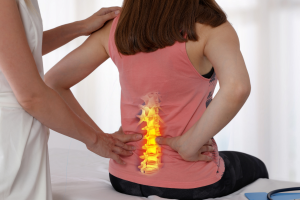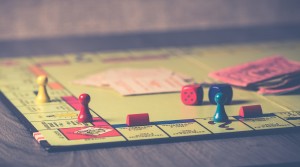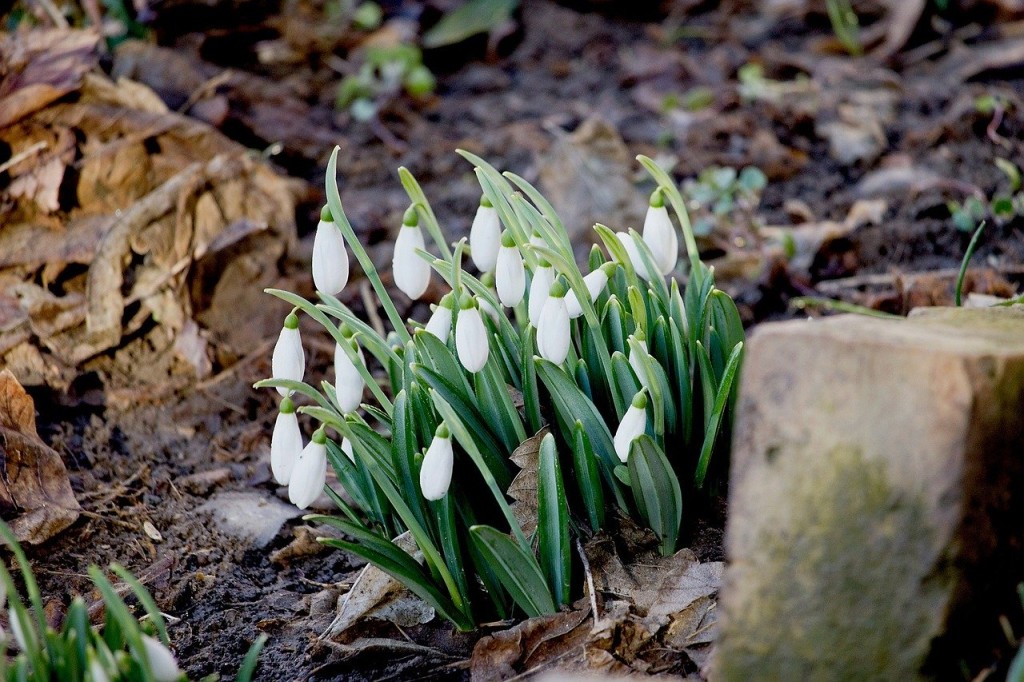(CL ADAPTED) ALYSE RURIANI
The transition to the shorter and busier days of fall can be a challenge. To help ease the change, we’ve put together some Fall Wellness Tips to get you ready for the colder months and keep your mental (and physical!) health in check.
1) Start taking a Vitamin D supplement. We get most of our Vitamin D from the sun, so our intake decreases when the weather is colder since we spend most of our time inside during the fall/winter seasons. If you find you are not getting outside much, a Vitamin D supplement can boost your mood and immune system!
2) Take some time to yourself. Autumn and winter are the Earth’s way of telling us to slow down. Start a journal or track your moods to get more in touch with how you are feeling.
3) Boost your immune system. You can do this by drinking plenty of water, washing your hands often to prevent sickness, and eating nutritious foods.
4) Get yourself ready for Daylight Savings Time. Go to bed earlier when you can, especially the week before the clocks change. Longer periods of darkness = longer periods of sleep!
5) Make some plans for the cold months. In the winter, we tend to hibernate if we don’t have things to keep us busy.
6) Moisturize your skin. Harsh temperatures can make your skin dry.
7) Buy in-season food. Beets, broccoli, cabbage, eggplant, kale, pumpkin, broths, roasted squash, roots, and sautéed dark leafy greens are all great choices.
8) Stay active! It can be easy to just sit around all the time, but it’s important to get in some movement throughout the day. Raking leaves or shoveling snow counts!
9) Wear layers and protect your body from the dropping temperature. Make sure you have gloves, a scarf, earmuffs, a winter coat, warm socks, and snow boots!
10) Do some “spring cleaning” in the fall. Clean out your closet, organize that back room, and rid yourself of things you don’t need.
11) Prepare your home for possible extreme weather conditions. Do you have a shovel and/or snow blower? Do your flashlights have batteries? Is your heat working okay? And think about your car too…Blankets, Socks, Hunter heating pads. power bars and water will all be welcome in a stressful situation
12) Get some books to read and shows to watch. Who doesn’t want to sit by the fire on chilly winter nights and read a good book or binge-watch some Netflix?
13) Keep a schedule. The cold months can seem to drag on and push us into isolation. Stay on track by scheduling time in your day to do things you like to do.
14) Be kind to yourself. The holidays can cause weight gain, the shorter days can cause low mood, and the season change can throw your body out of balance. Listen to your body and give it what it needs, and don’t beat yourself up! Try reframing negative thoughts into positive ones.
AND BEST OF ALL, MAKE SURE TO GET YOUR SPINE CHECKED REGULARLY AS THE MINOR SLIPS AND FALL OF FALL/WINTER CAN KNOCK YOUR SYSTEM OUT OF WHACK!
Call us to make an appointment today!
(517) 627-4547

